The Swiss banker managing Senegal’s first private bank
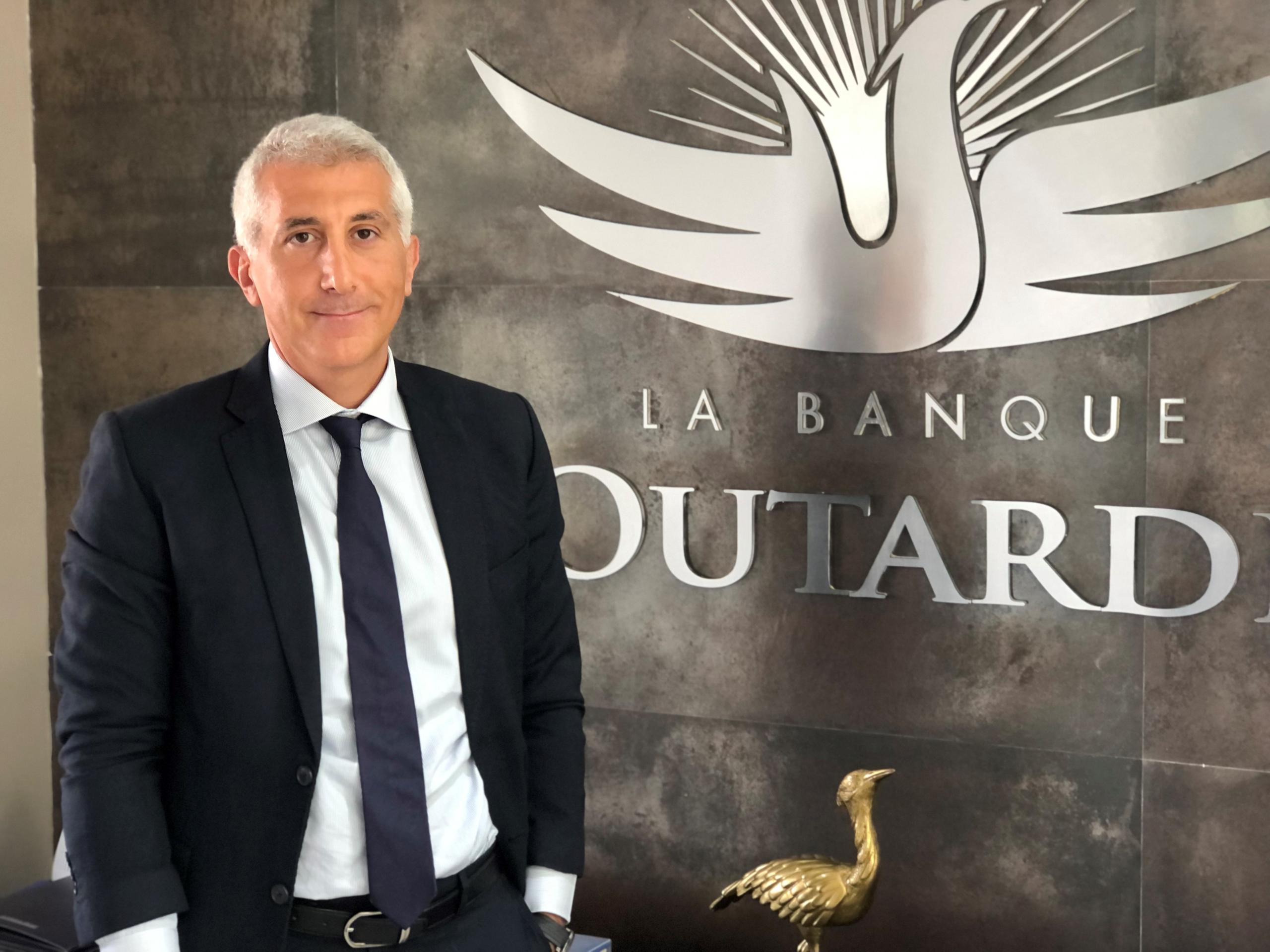
After working in finance in Geneva for 15 years, Olivier Santi moved to Dakar in 2017 to head a new bank founded by one of Senegal’s richest businessmen. His career to date demonstrates both the central role Switzerland plays in the finance and raw materials sectors, and the vitality of West Africa’s banking sector
Senegal’s new Outarde BankExternal link (LBO) takes its name and logo from the bustard (outarde in French), a bird that is on the verge of extinction.
“The bustard is a very rare bird,” explains Olivier Santi, managing director of Outarde Bank. “Legend has it that if you see one in flight, you will become rich.”
The metaphor was not a random choice. Founded four years ago in Dakar’s bustling Plateau business district, the bank was the dream of Senegalese businessman Abdoulaye Diao — a man renowned for his discretion. Educated in France, Diao made his fortune in commodities. Today he acts as special counsel to Senegal’s president, Macky Sall, with Outarde Bank’s head office located a stone’s throw from the presidential palace.
Diao had long aspired to creating Senegal’s first national private capital bank. Prior to Outarde Bank’s founding, Senegal’s banking landscape consisted almost exclusively of public institutions and foreign banks hailing mostly from the northwest region of Africa or France.
Today Santi, a 44 year-old Paris native and naturalised Swiss citizen, describes himself as “Senegalese by adoption”, and clearly takes pleasure in saying that he runs “one of the rare Senegalese banks in Senegal”.
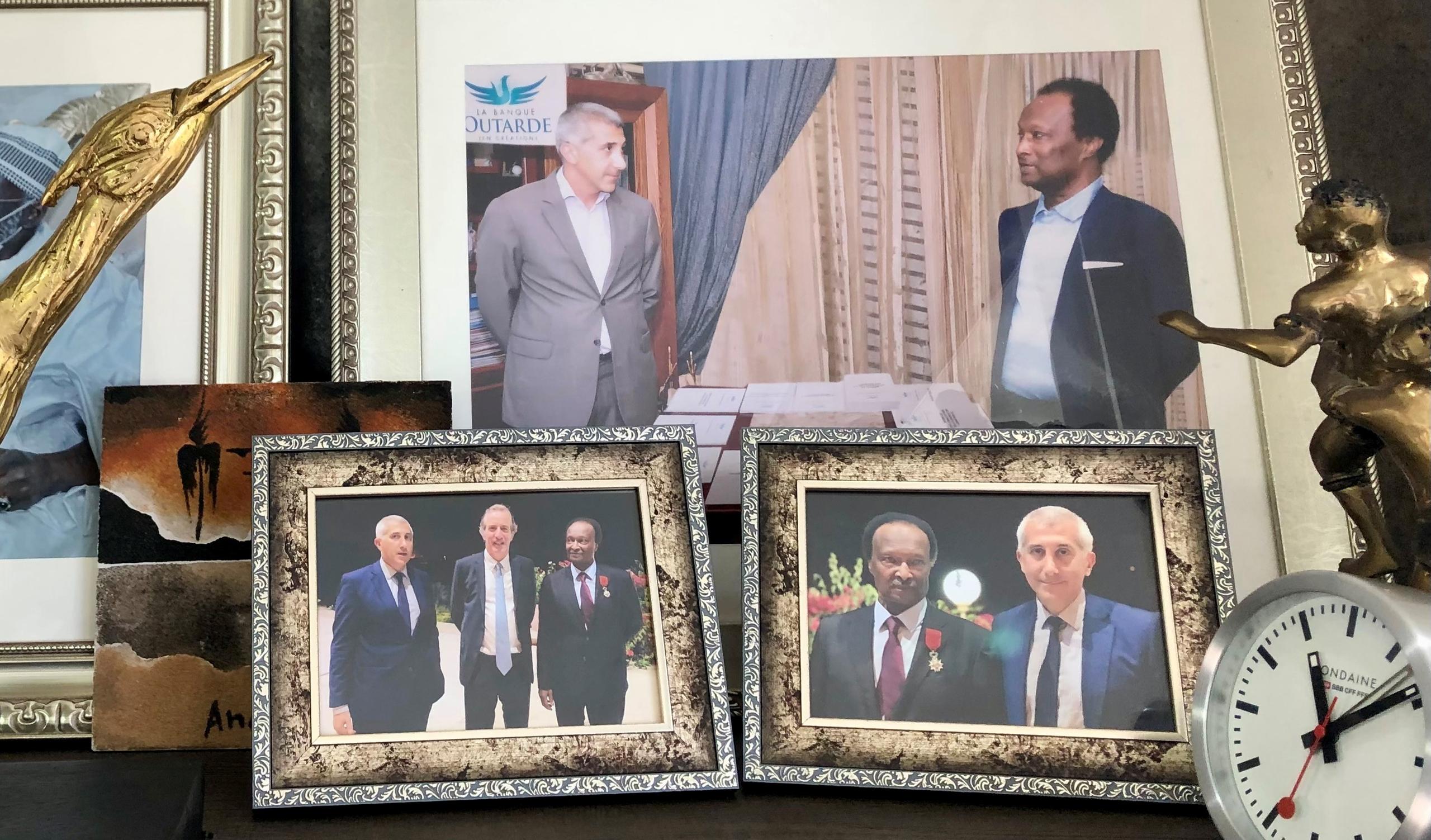
Starting out in Geneva
As a young man, Santi studied economics and finance at the prestigious Paris Institute of Political Studies (Sciences Po) and the ESCP Business School, also in Paris. After his studies, a “thirst for independence” took him to Geneva where his grandfather, Paul Santi, was French consul. Santi also had an uncle who managed a large hedge fund in Geneva, and that is where he obtained his first professional experience in finance.
Santi’s French education and linguistic abilities — especially in Arabic which he studied in Paris — quickly caught the attention of the Swiss branch of international banking behemoth BNP Paribas, which he joined in 2004 as director for the Middle East and Africa regions, based in Geneva.
“My clients were the heads of business, wealthy families, and I also managed the accounts of businesses and investment funds active in the region,” says Santi.
A “pure product of Genevan finance”, Santi spent nine years at BNP Paribas, during which time he encountered Abdoulaye Diao.
Diao, founder of the Senegalese oil, gas and jet fuel trading company International Trading Oil and Commodities Corporation (ITOC), is close to certain large Swiss companies, top traders and other international firms. That is where the destinies of the two men meet.
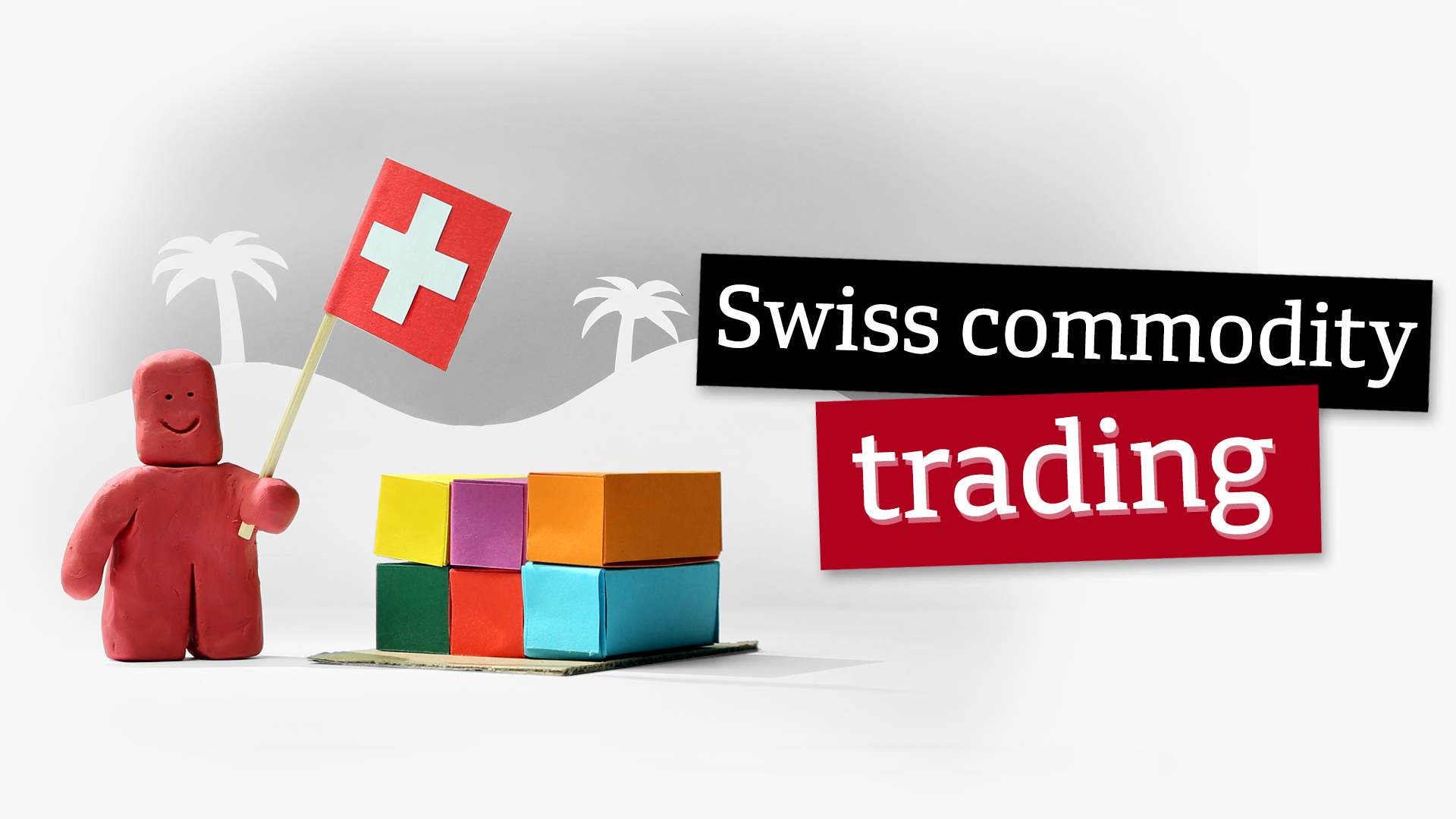
More
Commodity trading in Switzerland, explained
Building a bank from scratch
In 2013, Santi left BNP Parisbas to set up his own financial management company in Geneva. One of clients was Diao. He began to supervise the team in charge of Diao’s project.
“Abdoulaye Diao reached out to me to help him set up a bank to accompany the development of Senegal’s private sector,” says Santi. “It was an opportunity; I jumped on it.”
Setting up the bank took “a lot of patience”, because “creating a bank from zero is complex, both from a financial and technical point of view,” explains Santi. Outarde Bank was accreditedExternal link by the Central Bank of West African States (BCEAO) in 2017, becoming the 25th banking establishmentExternal link in Dakar’s financial centre
The bank began activities in January 2018 with a private Senegalese shareholding of 84.5%, of which Diao, who chairs the board of directors, owns 59%. Although Outarde Bank is yet to generate a profit, Santi says its balance sheet is growing 25-30% every six months and it has nearly 1,000 clients.
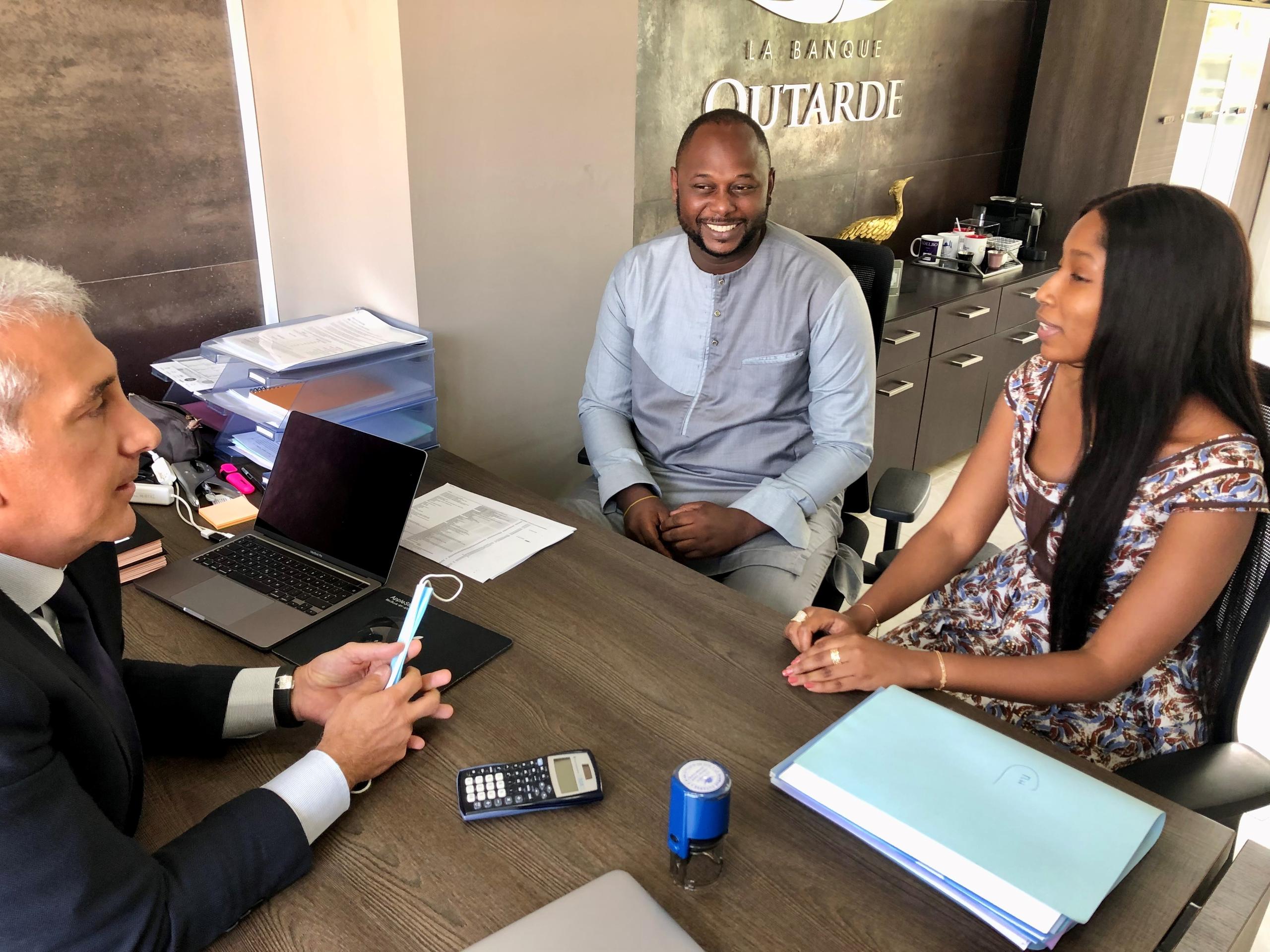
To date, 80% of Outarde Bank’s clients are businesses.
“These can be micro-business through to large businesses, but we specialise in specific economic segments, such as energy and agriculture,” says Santi. He says the bank’s values mirror those of its founder.
“Abdoulaye Diao believes strongly that Senegal’s development will be driven by the development of local production, which creates local jobs,” he says.
But economic patriotism and philanthropy are not the only drivers of growth. The strong growth potential of West Africa’s economy and banking sector, driven by the growing middle class, is whetting appetites. Shortly after Outarde Bank was launched in early 2018, Jeune AfriqueExternal link weekly news magazine published a report detailing the enthusiasm among African entrepreneurs — especially Senegalese entrepreneurs — for this growing and “very profitable sector”. The report noted that many had invested in the sector in recent years.
The Jeune Afrique article says the interest can be explained by the influence that owning a bank confers, along with the ambition of “find[ing] new sources of growth”. In a region where the difficulty in obtaining financingExternal link is one of the principal obstacles to the development of small and medium enterprises (SME), and where 80% of householdsExternal link do not yet have a bank account, the development potential of the sector is huge.
Swiss touch
Santi believes that his Swiss training can tip the balance and that his background is his added-value as director.
“I am convinced that Switzerland is one of the best countries in the world in terms of banking regulation,” says Santi. “I was trained according to the precepts of the Swiss Financial Market Supervisory Authority (FINMA) and I have tried to instil this technique [in the bank’s activities]. With us, the customer journey is typical of that of a Swiss bank; that is, discreet, efficient, and transparent.”
(Translated from French by Sophie Douez)
Translated by Sophie Douez

In compliance with the JTI standards
More: SWI swissinfo.ch certified by the Journalism Trust Initiative



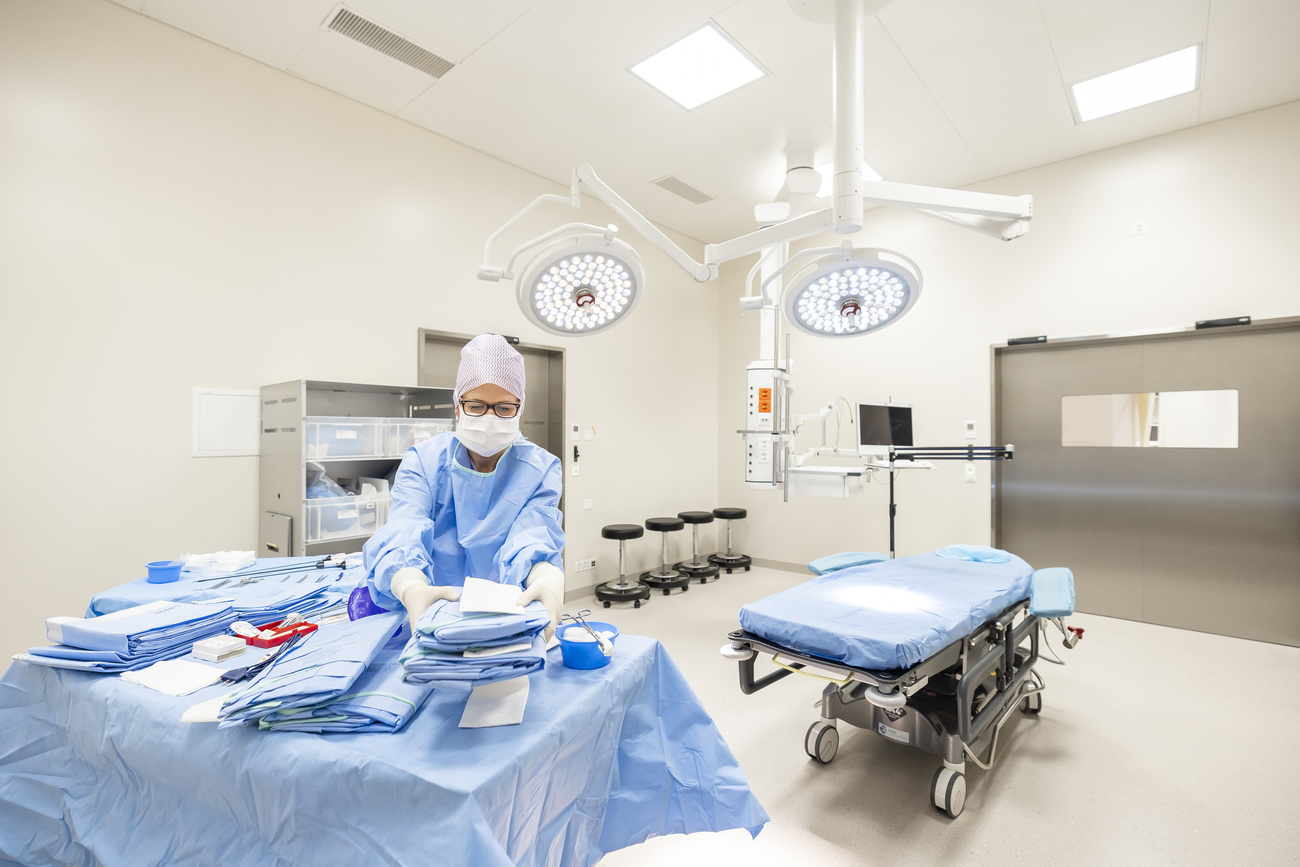
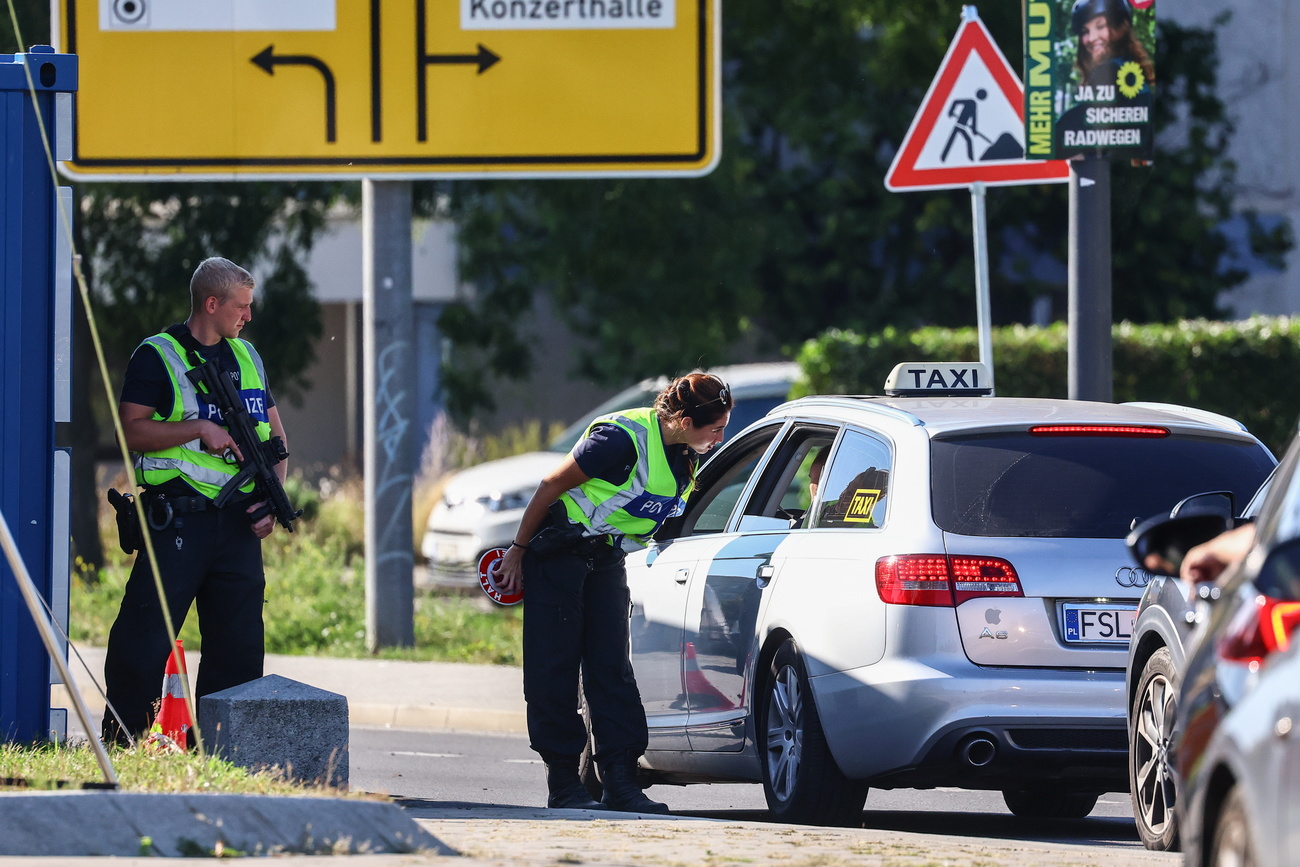
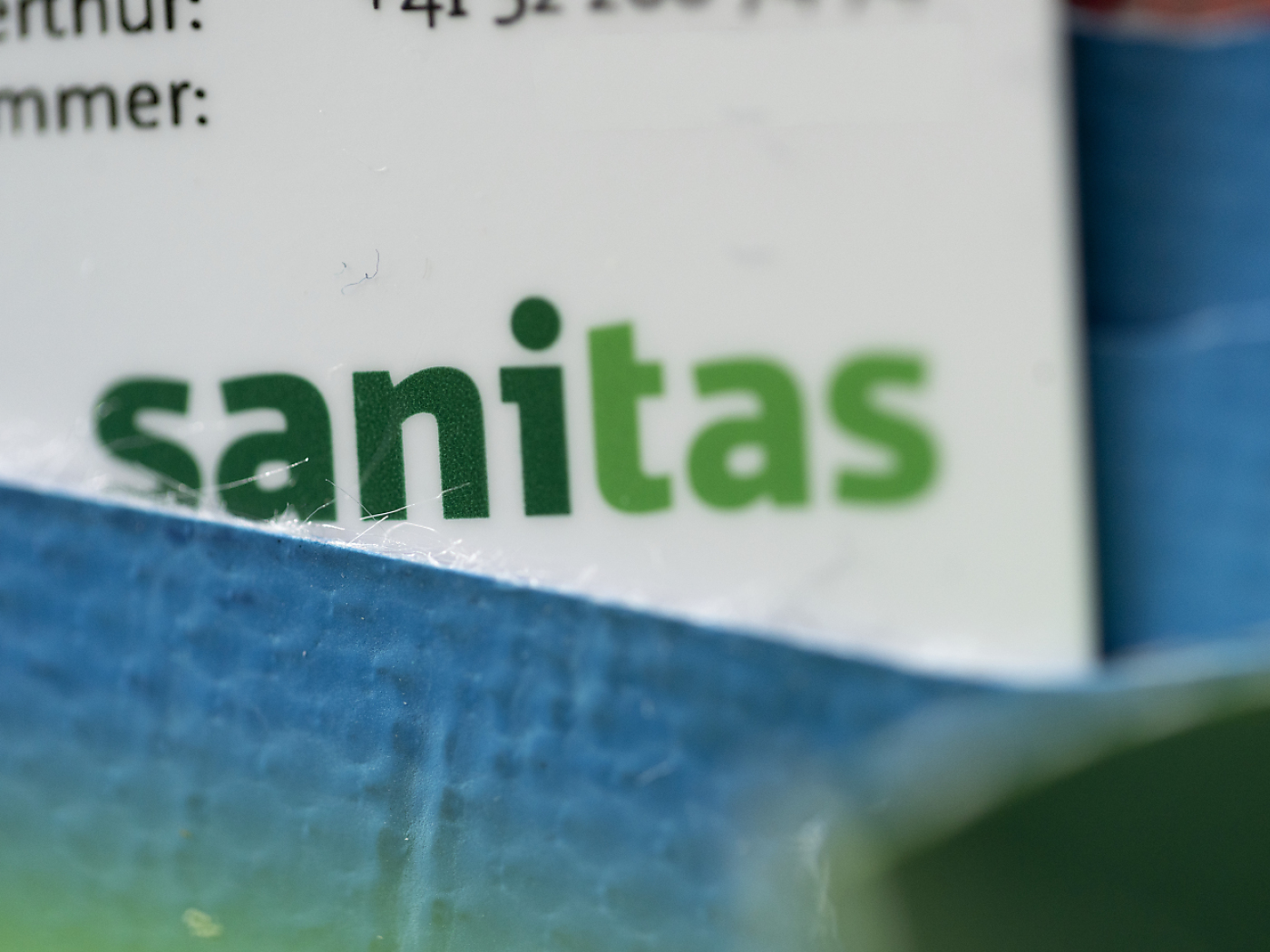




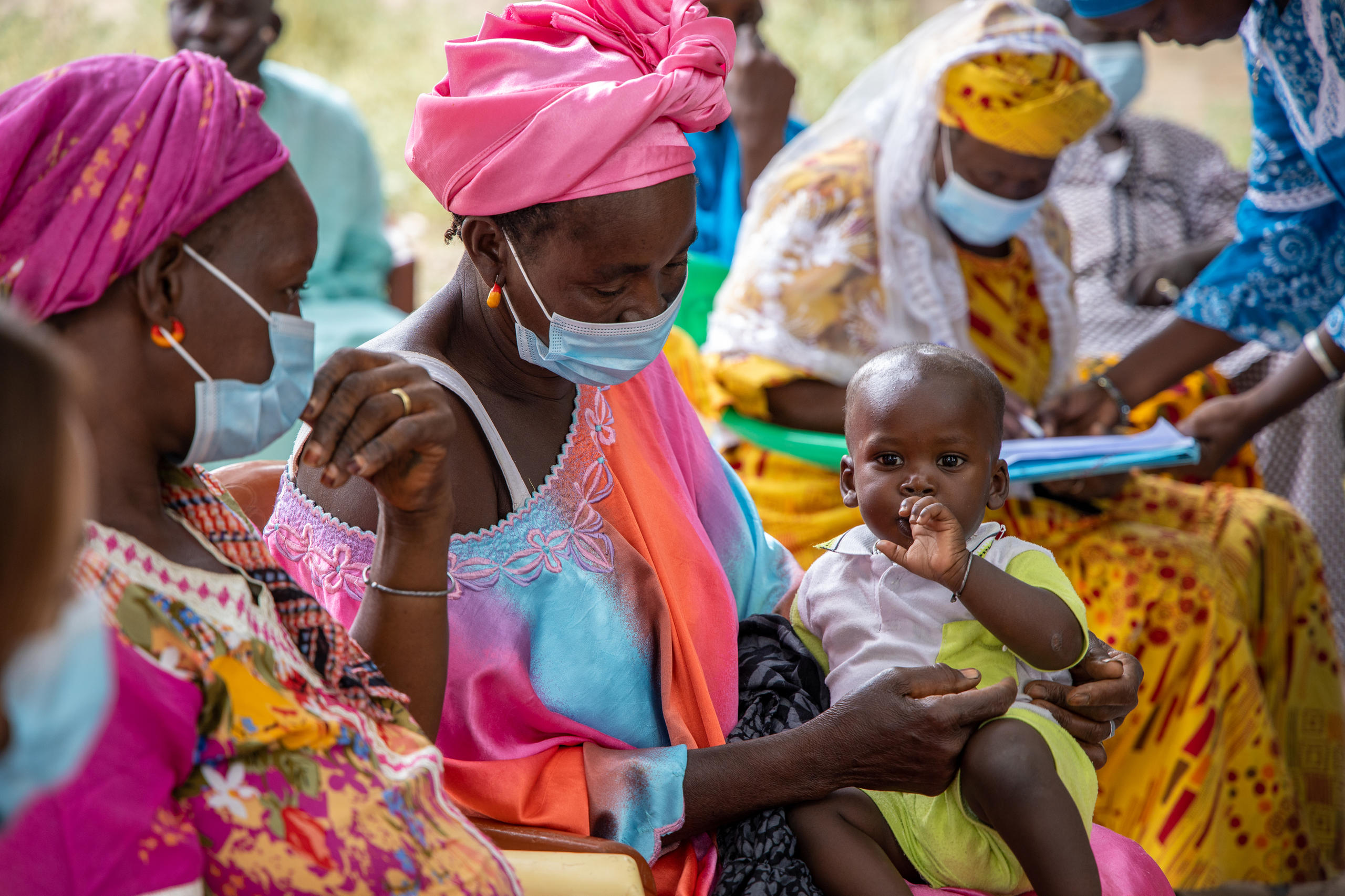
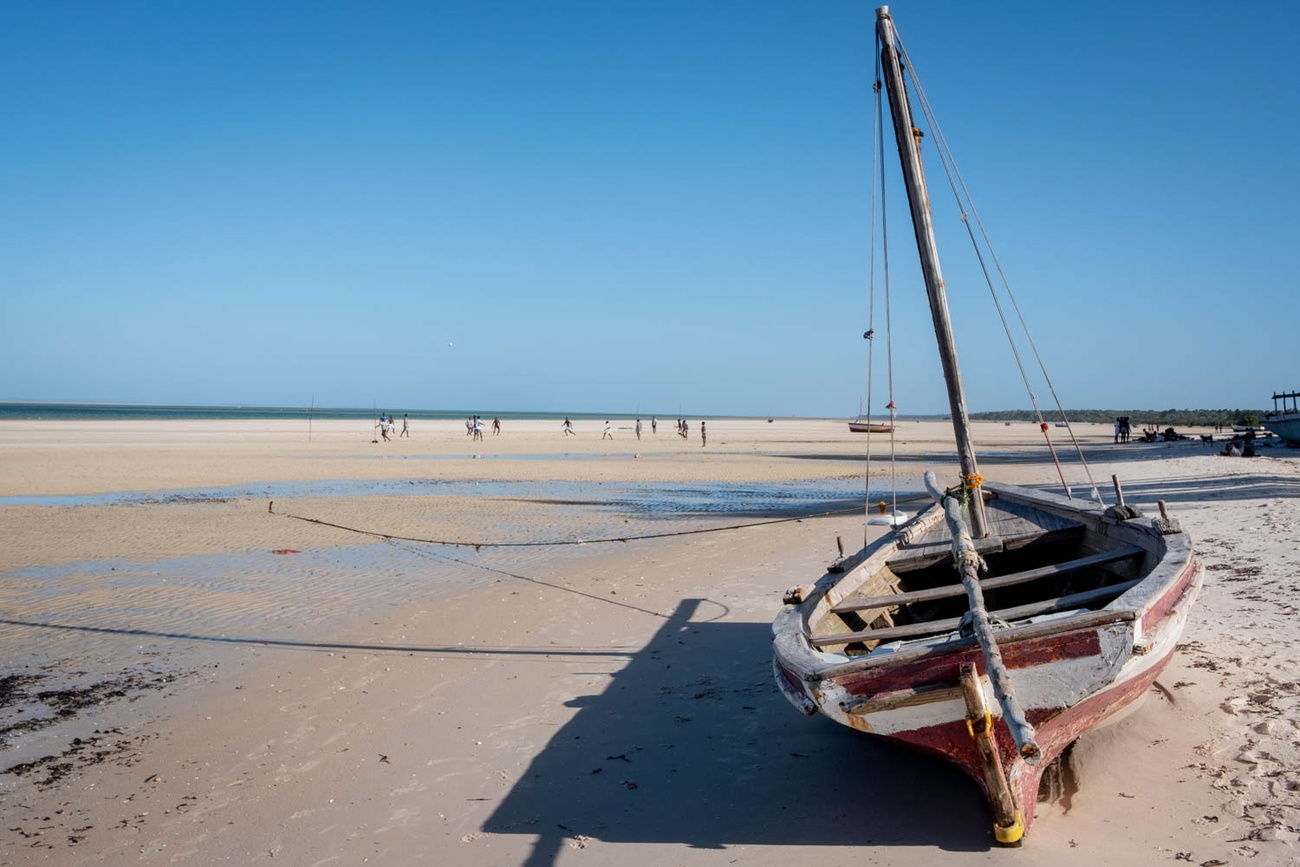
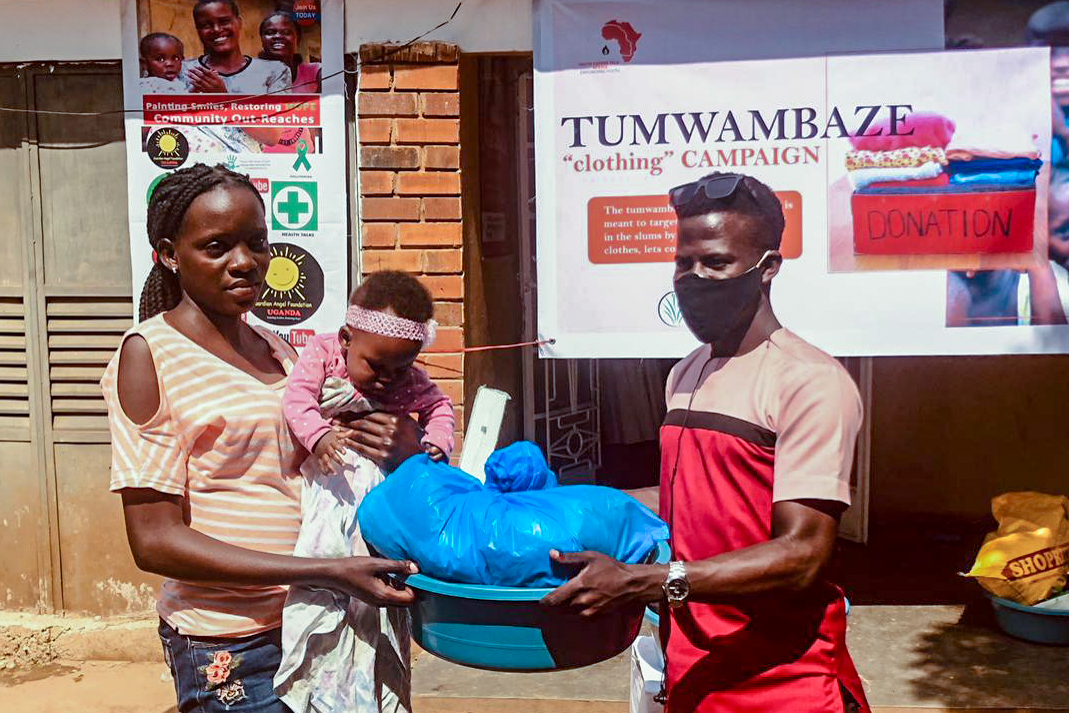

Join the conversation!